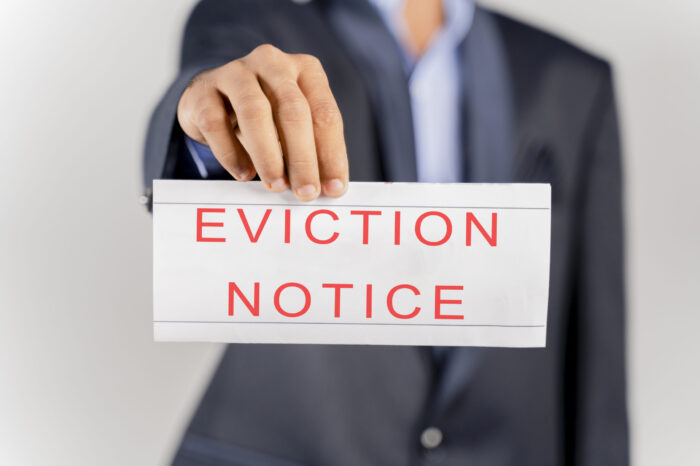
Temporary Emergency Rules on Evictions and Foreclosures are Set to End on September 1, 2020

The Judicial Council of California voted on August 13, 2020, to end two (2) temporary emergency rules governing evictions and judicial foreclosures at midnight on Sept. 1, 2020. Emergency Rule 1 has made it nearly impossible to evict tenants during the current COVID-19 pandemic, which was originally set to remain in effect until 90 days after the Governor declares that the state of emergency related to the COVID-19 pandemic is lifted, or until amended or repealed by the Judicial Council. More specifically, Emergency Rule 1(b) and (c) prohibit the issuance of a summons on a complaint and the court’s entry of default or a default judgment for restitution in an unlawful detainer action unless the court finds, in its discretion and on the record, that the action is necessary to protect public health and safety. In the event that a defendant appears in the action, Emergency Rule 1(d) provides that the court may not set a trial date earlier than sixty (60) days after a request for trial is made unless the court finds that an earlier trial date is necessary to protect public health and safety. Emergency Rule 2 stayed all judicial foreclosure actions on a mortgage or deed of trust unless the court finds that action is required to further the public health and safety until ninety (90) days after the Governor declares that the state of emergency related to the COVID-19 pandemic is lifted, or until this rule is amended or repealed by the Judicial Council. Emergency Rule 2 further tolled any statute of limitations for filing a judicial foreclosure action and extended any right of redemption from a foreclosure sale or petitioning the court in relation to such a right.
California is still under a State of Emergency proclaimed by Governor Newsom on March 4, 2020, and there are numerous executive orders still in force. In one of those executive orders, the Governor provided the chair of the Judicial Council with unprecedented temporary authority to take action to protect the health and safety of all who have business in the courts and work there, and to maintain the safe and orderly operations of California’s courts in response to the COVID-19 pandemic. This was during the time that the Legislature was not in session. Emergency Rules 1 and 2 were originally approved by the Judicial Council at a special remote meeting on April 6, 2020, which were never intended to be in effect on a long-term basis. Then, the vote by the members of the Judicial Council originally scheduled on June 10, 2020, was suspended by Justice Tani G. Cantil-Sakauye to provide the executive and legislative branches with more time to develop appropriate policy proposals and solutions to deal with the potential impacts of evictions and foreclosures during the COVID-19 pandemic. The Judicial Council’s decision to end Emergency Rules 1 and 2 on September 1, 2020, was by a 19-1 vote by circulating order on August 13, 2020. After the vote, Justice Tani G. Cantil-Sakauye made several comments wherein he urged Governor Newsom and the legislature leaders to act before the expiration of the current moratorium and the massive wave of evictions that is expected to occur in California. At this point, it is unknown what is going to happen, and we must wait and see what our legislature and Governor do in the next few days. Unless there is an alternative solution to halt evictions by our legislature and Governor, the current moratorium will expire on September 1, 2020, and all evictions and judicial foreclosures will proceed throughout the State of California.
Contact Dias Law Firm, Inc. today for a consultation with our knowledgeable attorneys regarding your eviction or foreclosure issues. Our firm is here to help.
By: Jonette M. Montgomery, Esq.

For the general public: This Blog/Web Site is made available by the law firm publisher, Dias Law Firm, Inc., for educational purposes. It provides general information and a general understanding of the law, but does not provide specific legal advice. By using this site, commenting on posts, or sending inquiries through the site or contact email, you confirm that there is no attorney-client relationship between you and the Blog/Web Site publisher. The Blog/Web Site should not be used as a substitute for competent legal advice from a licensed attorney in your jurisdiction.
For attorneys: This Blog/Web Site is informational in nature and is not a substitute for legal research or a consultation on specific matters pertaining to your clients. Due to the dynamic nature of legal doctrines, what might be accurate one day may be inaccurate the next. As such, the contents of this blog must not be relied upon as a basis for arguments to a court or for your advice to clients without, again, further research or a consultation with our professionals.
Photo 190654884 © LakshmiPrasad Lucky - Dreamstime.com

